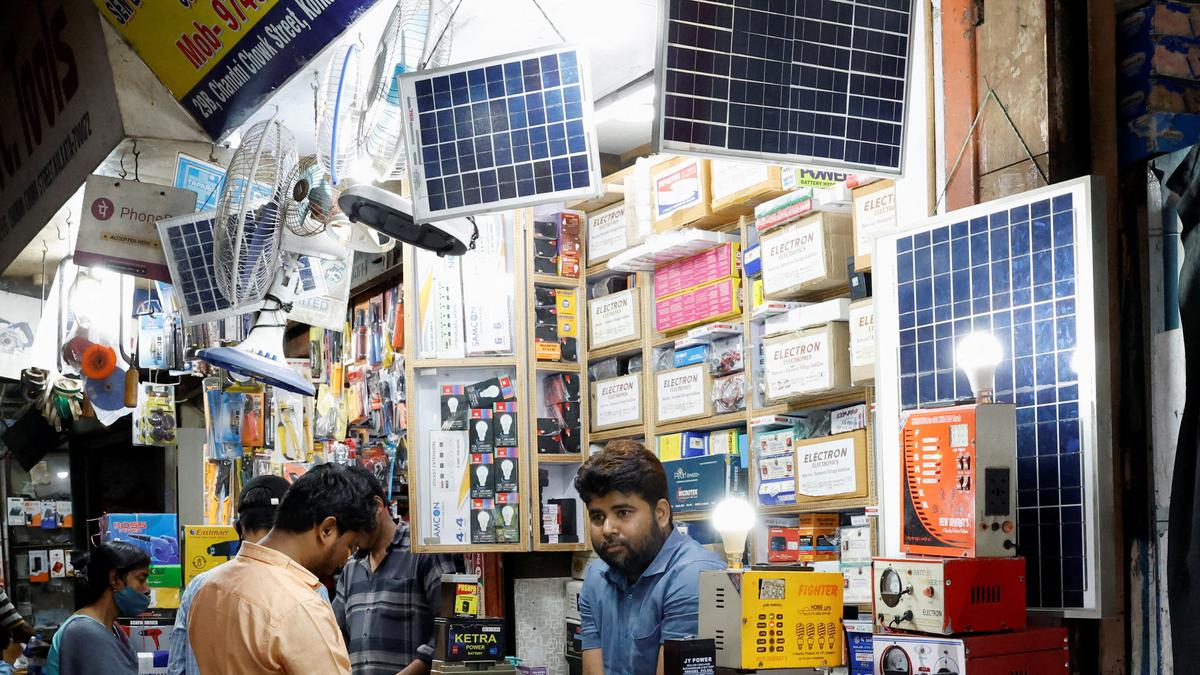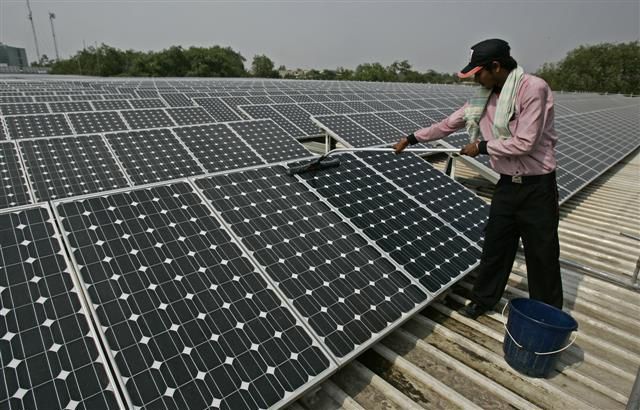In a bid to bolster India’s solar module manufacturing sector, the Ministry of New and Renewable Energy (MNRE) enacted an executive order effective April 1, 2019, termed as The Approved Models and Manufacturers of Solar Photovoltaic Modules (Requirements for Compulsory Registration) Order.
Incentivizing Indigenous Solar Manufacturing
The order mandates manufacturers of solar modules to undergo inspections by the National Institute of Solar Energy to be certified as legitimate producers. With India heavily reliant on Chinese imports for solar modules, this move aims to promote domestic production and reduce dependence on foreign markets.
Challenges in India’s Solar Industry
Despite ambitious goals to procure 500 GW from non-fossil fuel sources by 2030, India’s solar capacity additions have been minimal, reaching only 13 GW in the last five years. Limited local production of solar cells and modules coupled with dependence on imported components pose significant challenges to achieving targets.
Advantages of Compliance
While compliance with the MNRE’s order is voluntary, certified manufacturers gain eligibility to participate in government tenders such as the PM Surya Ghar Muft Bijli Yojana and PM KUSUM, which offer substantial subsidies for solar installations and rural electrification. Moreover, the Production Linked Incentive Scheme provides incentives for domestic manufacturing of solar panels and components, further motivating compliance.
Assessment of Manufacturing Capacity
Despite recent boosts in solar exports due to global trade dynamics, India’s manufacturing capacity remains insufficient. Reports indicate that nearly half of India’s solar modules are imported from China, highlighting a persistent demand-supply gap. Although the MNRE has certified 82 manufacturers, the absence of a similar list for solar cells indicates a continued reliance on imports.
In conclusion, while the new regulations aim to stimulate domestic solar manufacturing, India still faces significant hurdles in achieving self-reliance in the sector. Effective implementation of policies coupled with investment in research and development will be crucial in realizing India’s renewable energy goals.
Source:thehindu.com





